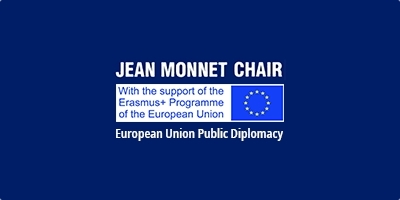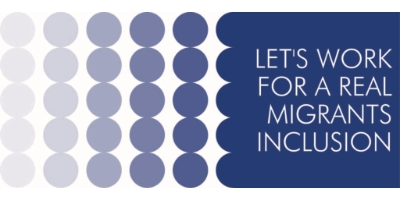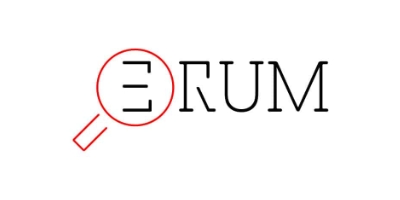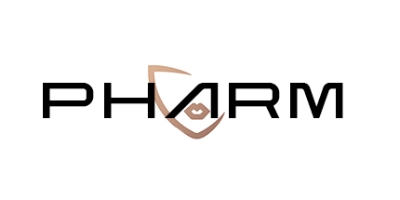About Us
January 17, 2022 2023-08-20 9:25School of Journalism and Mass Communications
The School of Journalism and Mass Communications has in recent years repeatedly featured among the top 50 Media/Communications Schools of Europe and is a member of the European Journalism Teaching Association (EJTA).
Since its establishment in 1991, SJMC offers full-time, four-year long BA degree programs both in Journalism and in Mass Communications. The long-term aim of the School operations is to provide students with theoretical and practical training in journalism, promote research in journalism and mass communications, as well as uphold the rights and responsibilities of Greek journalists. Its English-taught MA program builds on its 15-year long experience in training international students in its tailor-made English-taught program for Erasmus students. Above all, it is based on the School’s 25-year long success in promoting learning through theory-building, cutting edge technical skills and professional training, and reflects its steadfast commitment to innovation, excellence, interdisciplinary education and international outlook.
Last, but not least, the Department was awarded twice the Jean Monnet Chair on European Public Diplomacy (2020) and European Integration Journalism (2016) for providing a coherent postgraduate teaching program in European Journalism.
In Spring 2023, the School moved from 46 Egnatia Street to a new building in the center of the city, at 12 Vasileos Hrakleiou Street. The school’s current student population includes almost 700 undergraduates, 64 postgraduates and 57 Phd candidates. In addition, every year the School receives an average of 15 Erasmus students while, at the same time, it trains scores of mid-career professionals through a wide range of specially designed Lifelong Learning Programs.
Program Governing Committee
Program Director and Pathway Coordinators
Nikos Panagiotou, Associate Professor of International Journalism, MA Director, Coordinator of the Risk Communication Pathway
Charalampos Dimoulas, Associate Professor of Electronic Media, Coordinator of Digital Media Pathway
Vasilis Vamvakas, Associate Professor of Sociology of Communication, Coordinator of European Journalism Pathway
Board Members
Gregory Paschalidis, Professor of Cultural Studies
Christos Frangonikolopoulos, Professor of International Relations, Jean Monnet Chair (2016-19, 2020-23)





